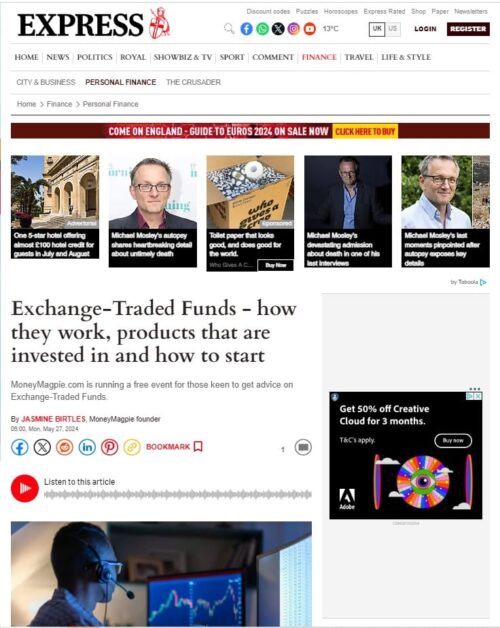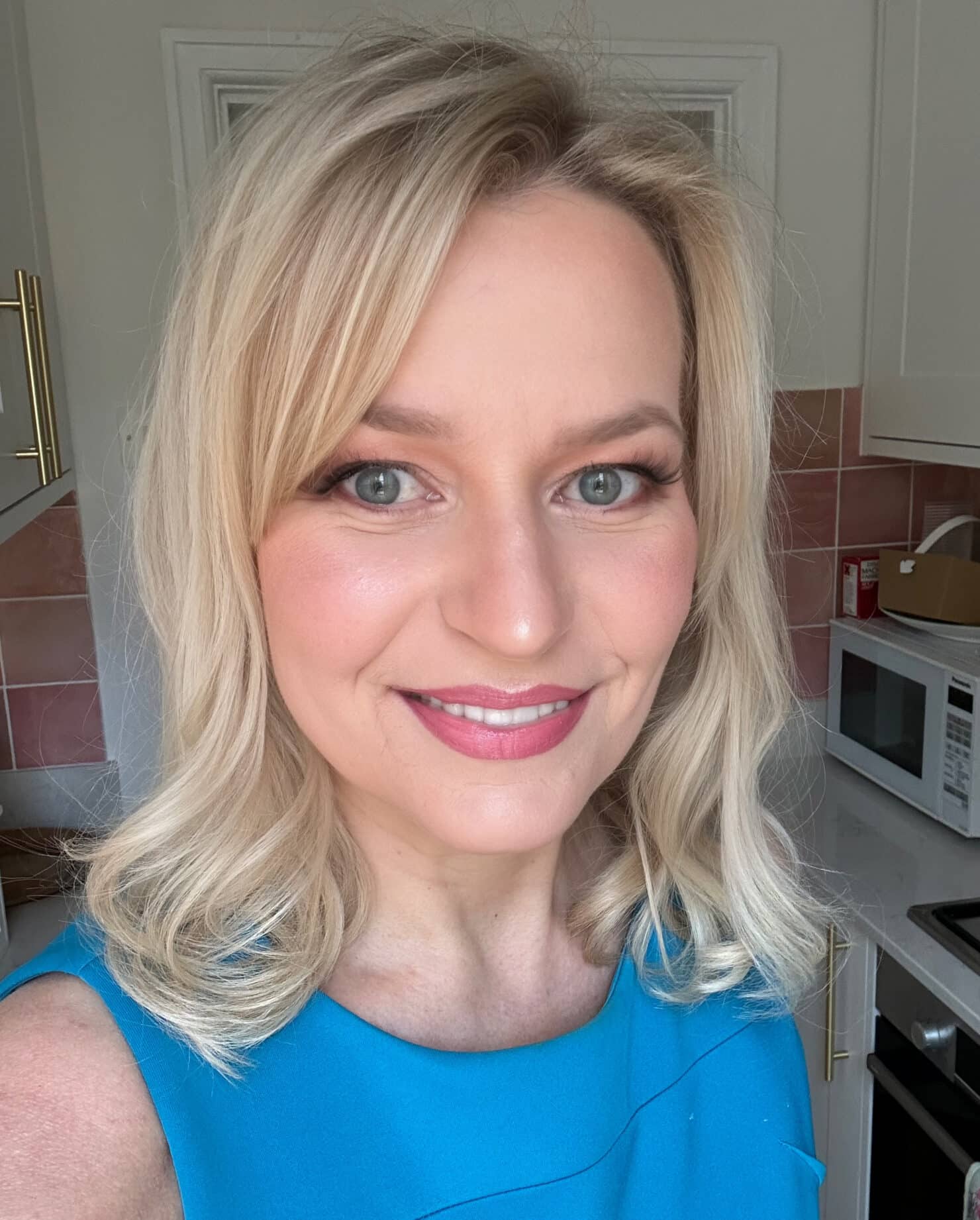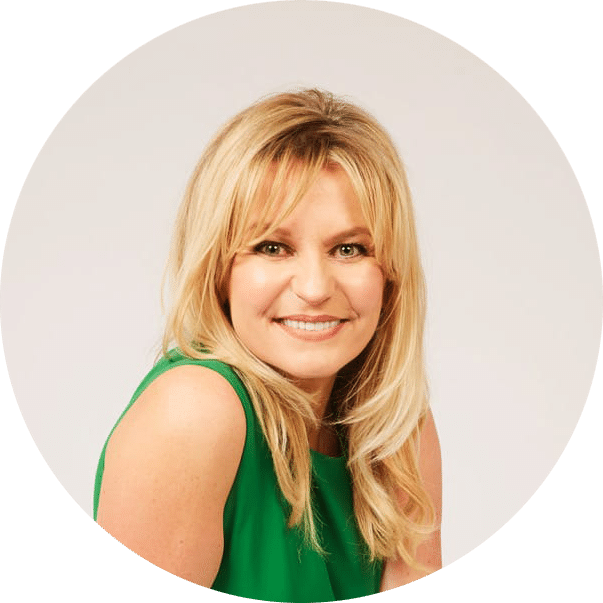
MoneyMagpie.com is running a free event for those keen to get advice on Exchange-Traded Funds.
Wouldn’t it be nice to get genuinely independent, professional advice about your investments for free once in a while?
Well, on June 10th at 12.30pm (lunchtime for most of us) you have the opportunity to speak to experts about ETFs (Exchange-Traded Funds) and find out what they are, what kind of products they invest in and which are the best for you.
It’s being run, for free, through my website, MoneyMagpie.com, in order to help both new and experienced investors get into these cheap and flexible funds which will grow your wealth and help you spread your money across all manner of products and regions.
There are 60,000 ETFs globally and they trade on 60 exchanges. Currently around $2trillion are invested in ETFs and the number is growing every year, because more and more investors are realising how handy ETFs are and how much better value they are than funds that are run by expensive teams of people.
There are also more and more companies producing ETFs and they’re getting more creative about what they track. New ETFs track indexes, countries, regions, bonds, commodities and more, and they do it with low fees and often in a more transparent way than ordinary funds do.
On the whole ETFs are compiled by computer programmes – nice quiet creatures that just get on with the job in hand, don’t ask for raises or bonuses at Christmas and just do what they are told.
So the charges for ETFs can be as low as 0.03 percent but generally hover around 0.5-7 percent. ETFs are considered to be relatively low-risk investments because they’re low-cost and because they spread your money over a lot of shares or other types of assets (bonds, gold, oil etc) which means your cash is automatically “diversified” (i.e. spread about).
The more your money is diversified, the safer it is as when one element drops down you have the other investments to fall back on.
Read the full article here

